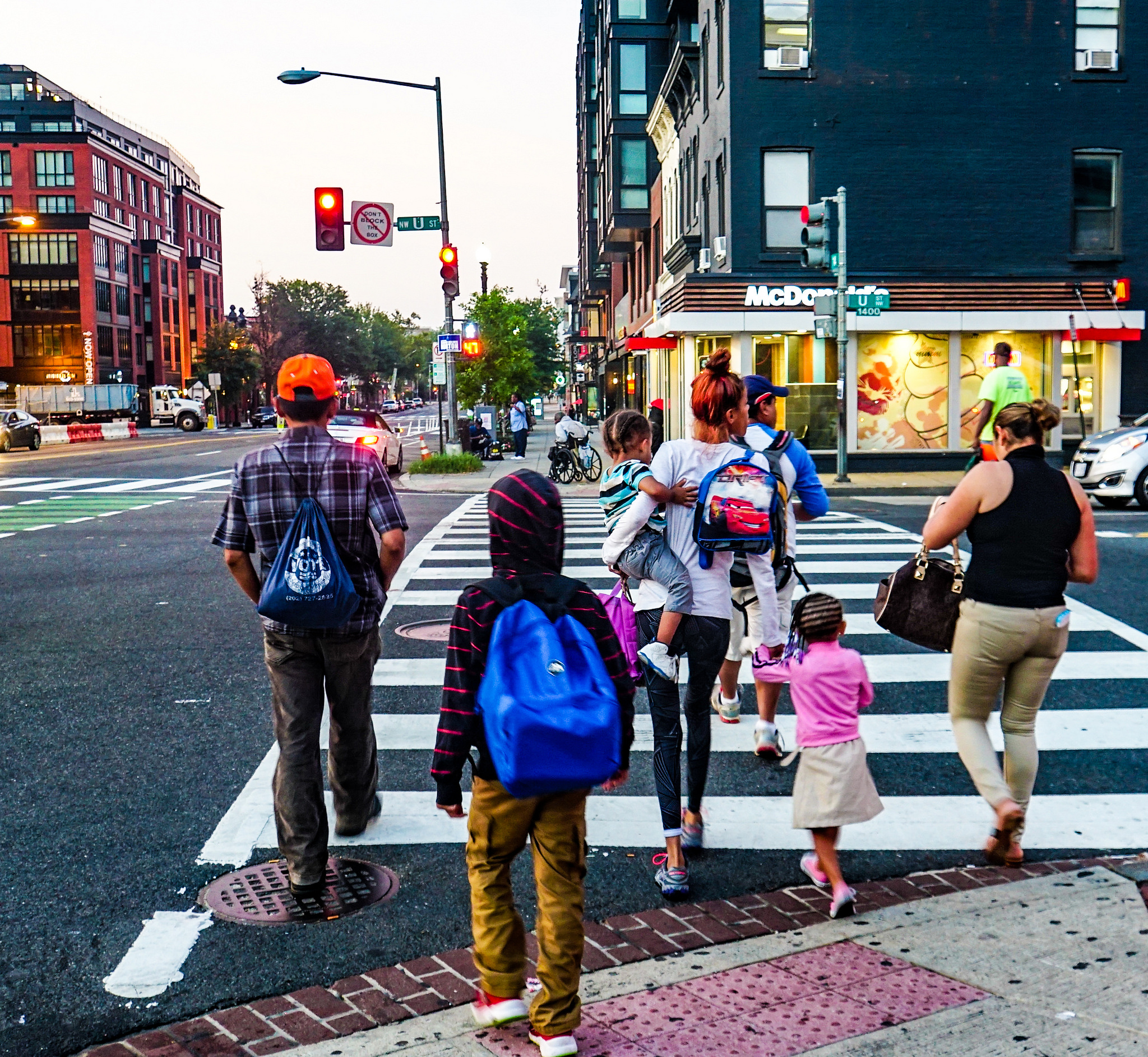By Yanique Redwood, PhD, MPH, and Nicky Goren
The Consumer Health Foundation and the Meyer Foundation jointly commissioned papers on racial equity by the D.C. Policy Center, an independent policy think tank partially supported by the District’s business community. We took this step because the momentum around racial equity has been increasing across sectors, and many are asking for partnership with the business community. To advance racial equity in the District of Columbia, we need all sectors at the table, including the business sector. Over the next month, the Center will release five papers on housing, fines and fees and practices that limit wealth-building, economic development, workforce development and property taxes with a specific lens on the racial implications of each of these issue areas.
The first publication to be released is a symposium on housing in the District of Columbia. It is a collection of ten essays by community activists, housing developers, researchers and advocates. Because of the District’s housing crisis and its pivotal role in maintaining racial inequities, we will devote our introductory remarks to the issue of housing. We are particularly struck by a statement in the essay by Peter Tatian and Mychal Cohen of the Urban Institute, which reads “The D.C. housing market has demonstrated that, unaided, it cannot (or will not) produce new housing for lower-income residents.” This raises for us two important frames that we would like for you to consider as you engage the ten housing essays as well as the other papers that will be released in the series. The first is “cannot” and the second is “will not.”
Cannot
In the book Conscious Capitalism: Liberating the Heroic Spirit of Business, co-founder of Whole Foods John Mackey (with co-author Raj Sisodia) states that “Business is based on cooperation and voluntary exchange. People trade voluntarily for mutual gain. No one is forced to trade with business, and customers have competitive alternatives in the marketplace.” In reality, because of long histories of discrimination, redlining, and wealth extraction from communities of color, large segments of our population are unable to find competitive alternatives and cannot voluntarily exchange. This is no truer than in the District’s housing market, which has seen significant levels of displacement over the past few years due to the lack of choice, fueled by rapidly increasing housing costs, destabilization of existing institutions made possible by decades of disinvestment, and lower levels of income and assets in communities of color.
One of the primary actors in correcting these marketplace flaws is our local government, which has as one of its central roles the promotion of the general welfare. As you will see in the symposium of ten essays, there are several solutions offered to address our housing crisis, with government named as a key actor in the execution of these solutions, which range from reparations and public/private partnerships to community land trusts, and a tax on luxury homes. There is indeed no shortage of ideas.
So, while it appears the housing market cannot produce new housing for lower-income (largely people of color) residents as stated by Mr. Tatian and Mr. Cohen, we believe that the housing market can do so if aided by a strong local government that uses data disaggregated by race to make decisions, is grounded in the racialized history of this town, prioritizes community leadership in problem-solving and implements tools like racial equity impact assessments to analyze the potential racialized consequences of decisions before they are made.
Will Not
If there is no shortage of ideas, we are then faced with serious questions about our will to end racial inequities. Why might we be short on will? If we asked 100 people this question, we might get 100 different answers—and they may all be some version of the truth. Our own response to this question? These inequities serve us. We invite this conversation. As you review the papers in this series, ask yourself, “How am I benefiting from inequity? or “What do I gain from the status quo?” For example, if we are honest, those of us who own homes in appreciating neighborhoods, might want to keep affordable housing out of our neighborhoods so that we maintain high property values that allow us to cash out and retire comfortably or pass equity down to our children. As scholar and author Dr. Mindy Fullilove has stated, “Our homes have become our bank accounts.” There may be other benefits, both individual and institutional. Only you know what they are for you and your institution. We hope that as we collectively think through the policy solutions presented in this series, we also reflect on the benefits that we accrue from maintaining the status quo.
| Yanique Redwood, PhD, MPH President and CEO Consumer Health Foundation |
Nicky Goren President & CEO Eugene and Agnes E. Meyer Foundation |
Read more: Racial equity in Washington, D.C.
Feature photo by Ted Eytan (Source)
